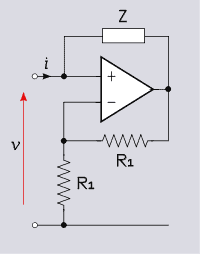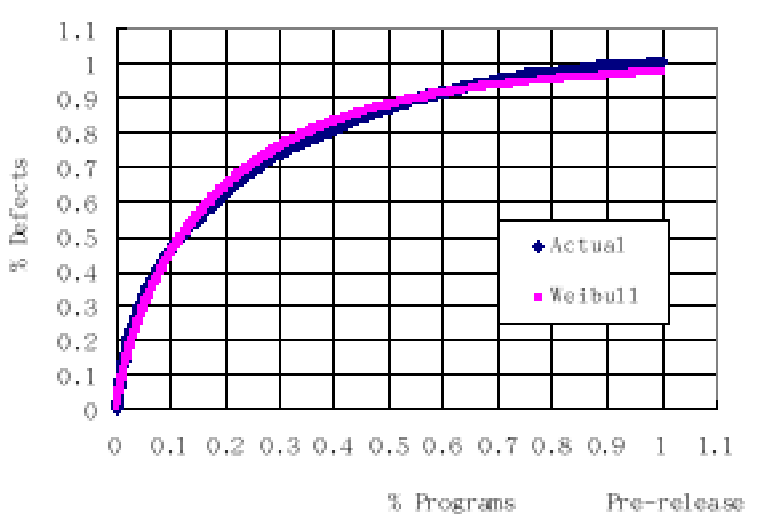Previous: What Singularity? Yesterday I took issue with Alfred Nordmann’s IEEE post in which he claimed that technological progress was slowing down instead of accelerating. I claimed instead that it was being distorted by the needs of the next rungs of the Maslow hierarchy, and that a huge portion of society’s energy was going into… Continue reading ESP


